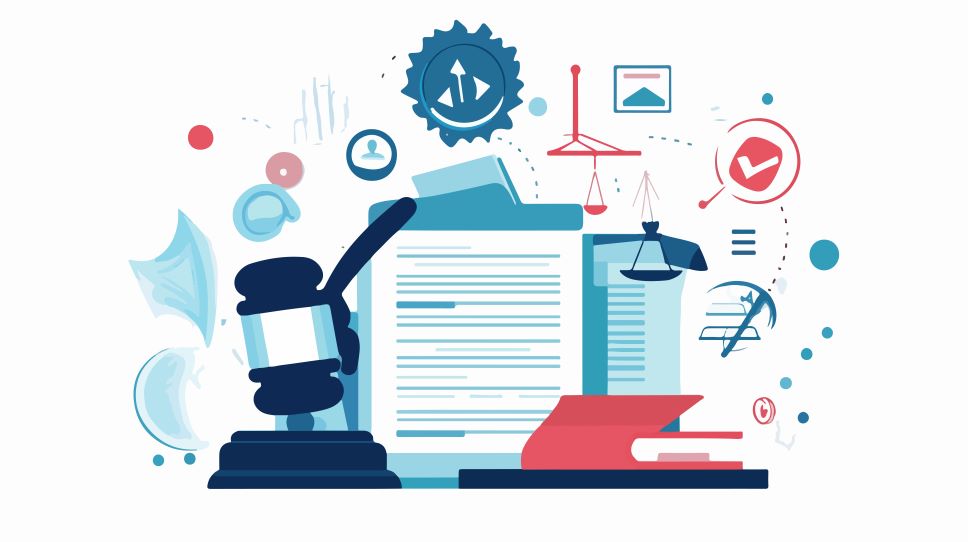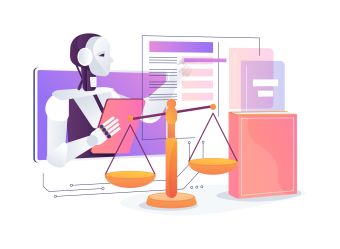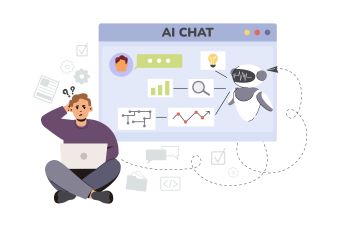Ace4 November 19, 2024
Legal AI Intelligence: Transform Your Legal Practice Today
The Growing Demand for AI in Law.

Artificial Intelligence (AI) is revolutionizing various industries, and the legal sector is no exception. The demand for AI in law has surged in recent years, as law firms and legal departments increasingly recognize its potential to streamline operations, improve efficiency, and enhance decision-making.
One of the key drivers behind the adoption of AI in law is the overwhelming volume of data that legal professionals must process. Legal practitioners often deal with extensive documents, case law, contracts, and other records. AI-powered tools can automate tasks like document review, legal research, and contract analysis, dramatically reducing the time and effort required for manual tasks. These tools can sift through vast amounts of data in seconds, identify relevant information, and provide actionable insights, helping lawyers focus on more strategic aspects of their work.
AI is also transforming the way legal research is conducted. Traditionally, legal research involved manually reviewing case law, statutes, and regulations to build a case. With AI, lawyers can now leverage natural language processing (NLP) models to quickly identify precedents, statutes, and rulings that are most relevant to a case. These AI tools can understand legal language, search through massive databases, and even predict outcomes based on historical patterns, all of which make research faster and more accurate.
Contract management is another area where AI is making a significant impact. AI systems can automate the review and analysis of contracts, identifying potential risks, inconsistencies, or favorable clauses that might be overlooked by human attorneys. For example, AI can be trained to spot clauses related to confidentiality, payment terms, and other critical issues, improving compliance and reducing the risk of legal disputes.
In addition to improving efficiency, AI is also reshaping client interactions. AI-powered chatbots and virtual assistants are being used by law firms to provide preliminary legal advice, answer frequently asked questions, and even schedule consultations. These tools are available 24/7, providing clients with instant responses and improving overall customer satisfaction.
The demand for AI in law is not just about efficiency gains. It is also about providing greater access to legal services. With the high costs of legal services, many individuals and small businesses struggle to access quality legal representation. AI tools can help bridge this gap by offering more affordable options for legal services, such as automated document generation, basic legal advice, and contract review.
Despite its many benefits, the use of AI in law also raises ethical concerns. Issues related to data privacy, algorithmic bias, and the potential displacement of human lawyers are being actively debated. However, as AI technologies continue to evolve, they are expected to complement, rather than replace, legal professionals. Lawyers will still play a crucial role in interpreting the law, offering personalized legal counsel, and ensuring that AI tools are used ethically and responsibly.
Artificial Intelligence (AI) has become a game-changer across various industries, and the legal field is no exception. Among the myriad of applications of AI in law, AI-powered legal research platforms are at the forefront, revolutionizing how legal professionals access, analyze, and utilize vast troves of legal information. These platforms are helping law firms streamline operations, enhance accuracy, and deliver better outcomes for their clients.
In conclusion, the demand for AI in the legal sector is growing rapidly, as firms seek to leverage technology to enhance efficiency, reduce costs, and improve service delivery. As AI continues to evolve, its impact on the legal industry will only increase, offering exciting possibilities for both legal professionals and their clients.




